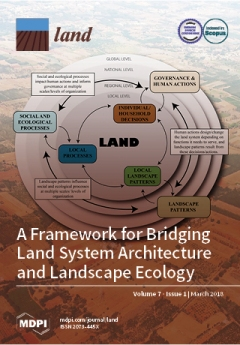Decreto Nº78/09 - Reglamento de la Ley Nº 690, Ley para el desarrollo de las zonas costeras.
El presente Decreto aprueba el Reglamento de la Ley que tiene por objeto regular el uso y aprovechamiento sostenible y garantizar el acceso de la población a las zonas costeras marinas y lacustres, mediante los planes de desarrollo coordinados institucionalmente por la Comisión Nacional de Desarrollo de las Zonas Costeras (CDZC).


